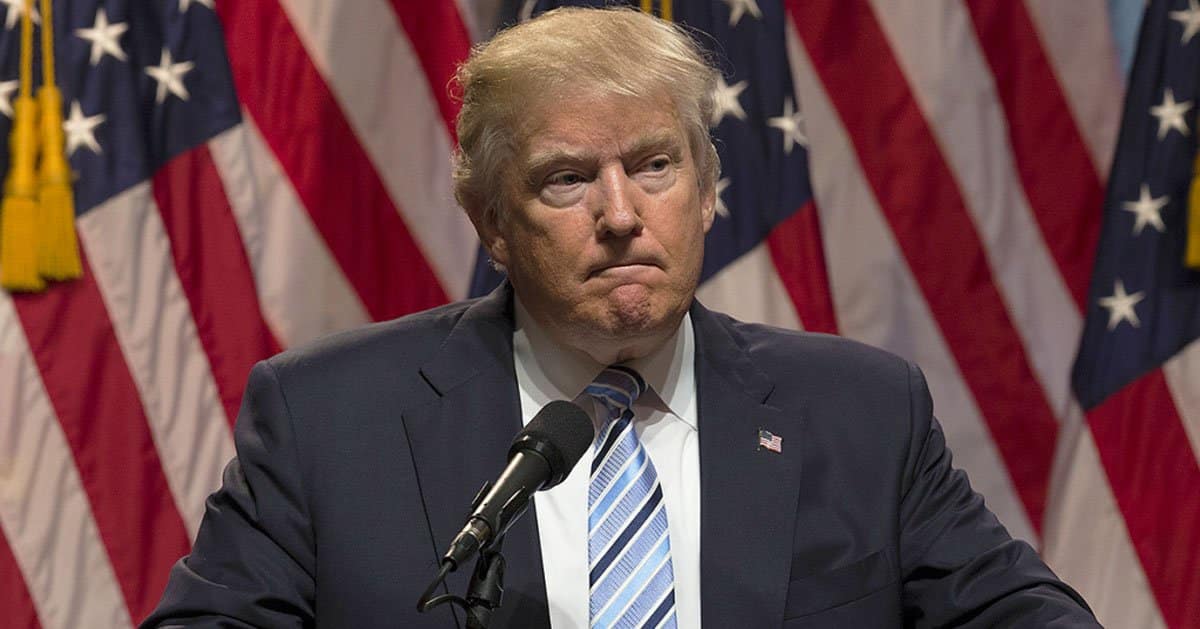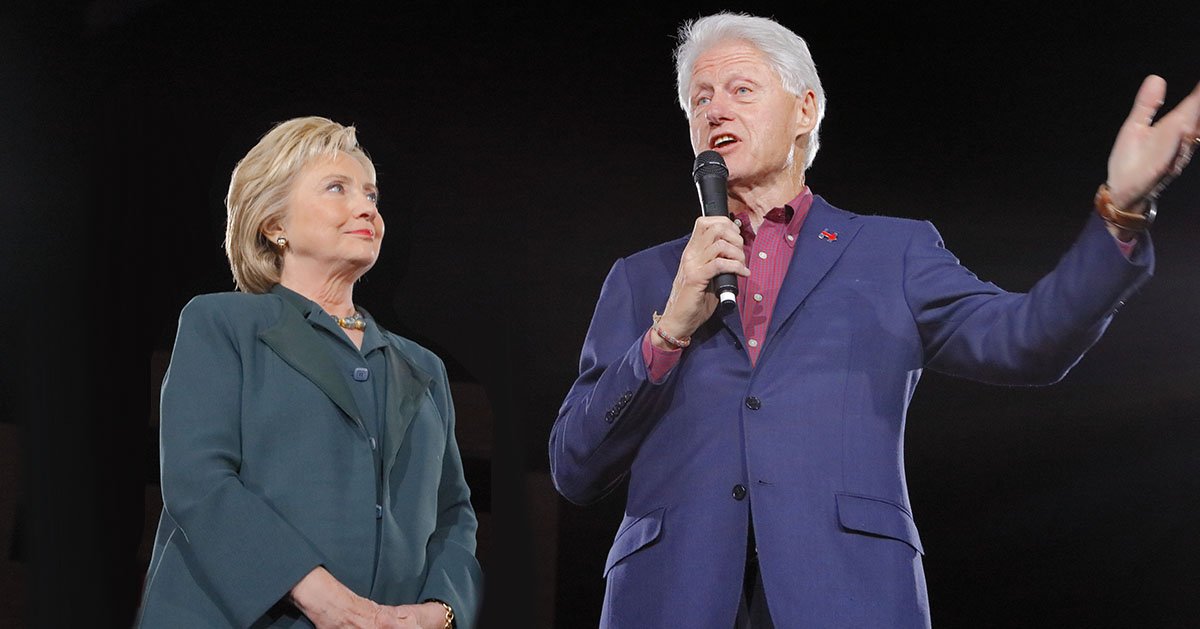








Amidst mounting pressure on President Joe Biden to exit the presidential race, First Lady Jill Biden has intensified her campaign efforts across several key Southern states.
The Washington Examiner reported that First Lady Jill Biden's campaign trail in the South comes as internal party demands grow for President Biden to reconsider his reelection bid.
Over the weekend, prior to the First Lady's campaign engagements, President Biden was active on the campaign trail, making stops in Wisconsin and Pennsylvania.
These appearances aimed to solidify his support in these pivotal battleground states as the election season heats up.
The calls for President Biden to withdraw have escalated following his recent debate performance, which sparked concerns regarding his age and mental sharpness. This event has been a significant catalyst for the current political discourse surrounding his candidacy.
High-profile voices within his own party, including five House Democrats and Senator Mark Warner from Virginia, have openly suggested that President Biden should consider stepping aside. Senator Warner is also reportedly attempting to gather more support from fellow Senate Democrats to approach President Biden with their concerns.
Amid these challenges, family support remains strong for President Biden, with both Jill Biden and Hunter Biden advocating vigorously for him to persist in the race. They are also calling for strategic changes within the campaign team to better position Biden in the upcoming elections.
President Biden’s campaign faces a tough road ahead, particularly in key battleground states. According to recent polls, he is trailing former President Donald Trump in North Carolina by a margin of 47.8% to 42%.
In Georgia, the situation is similarly challenging, with Trump leading Biden 46% to 42.3%. These numbers reflect a precarious electoral landscape for President Biden, which is compounded by Trump's anticipated strong performance in Florida—though the Biden camp still views it as a winnable state.
The First Lady’s campaign itinerary includes critical stops in North Carolina, Florida, and Georgia this Monday. Each of these states is considered crucial for gathering electoral support, and her presence is intended to rally the Democratic base and counteract the negative polling trends.
The significance of these states cannot be overstated, as they could very well decide the outcome of the upcoming presidential election. Jill Biden’s efforts to connect with voters and address their concerns are a pivotal part of the Biden campaign’s strategy to regain momentum.
Despite the challenges, national and key swing state polls since the June 27 debate have shown Trump expanding his lead. This adds another layer of urgency to the First Lady's campaign efforts and the broader Democratic strategy to maintain the presidency.
While the political pressure on President Biden to withdraw intensifies, the commitment displayed by the First Lady underscores a determined push to navigate through the criticisms and improve the President's standing among voters. Her active campaigning is also a strategic move to shift the narrative following the recent unfavorable debate outcomes.
With the election approaching, the dynamics of the presidential race are continually evolving. The efforts by Jill Biden to bolster support for her husband exemplify the ongoing adaptations and strategies employed by the Biden campaign to address both public and internal party concerns.
As the political landscape shifts, the role of key figures like Jill Biden becomes increasingly significant in shaping voter perceptions and outcomes. Her continued presence on the campaign trail is a testament to the stakes involved in this election cycle.
In conclusion, the First Lady's Southern campaign blitz represents a critical effort to stabilize President Biden’s campaign amidst internal calls for his withdrawal.
Jill Biden's strategic stops in battleground states are aimed at reinforcing support where it’s most needed.
Meanwhile, the Biden campaign faces the dual challenge of managing internal dissent and countering the opposition’s advantage in key states. The coming weeks will be telling in determining whether these efforts can shift the tide in what promises to be a closely contested race.



